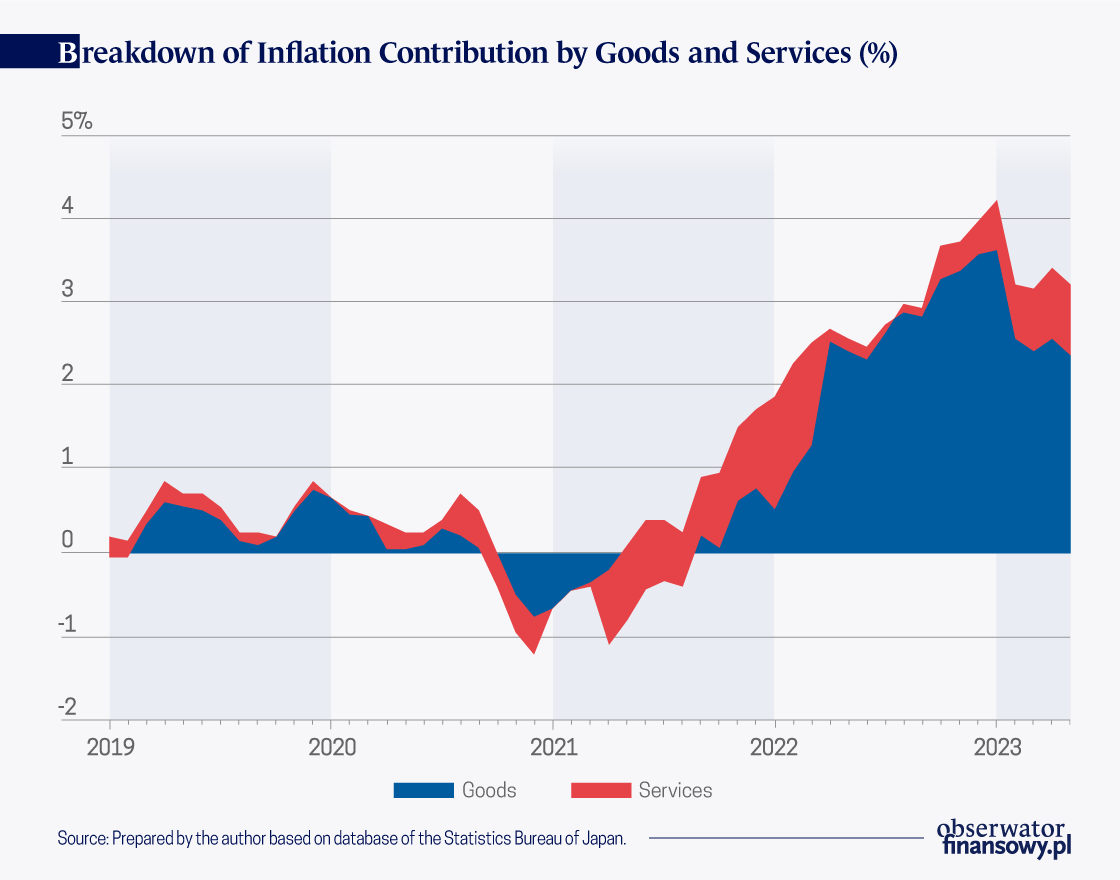
During the inaugural press conference held on April 10th at the Bank of Japan (BOJ), Governor Kazuo Ueda affirmed the commitment to achieving the 2% price stability target, which was clarified in January 2013 in the joint...
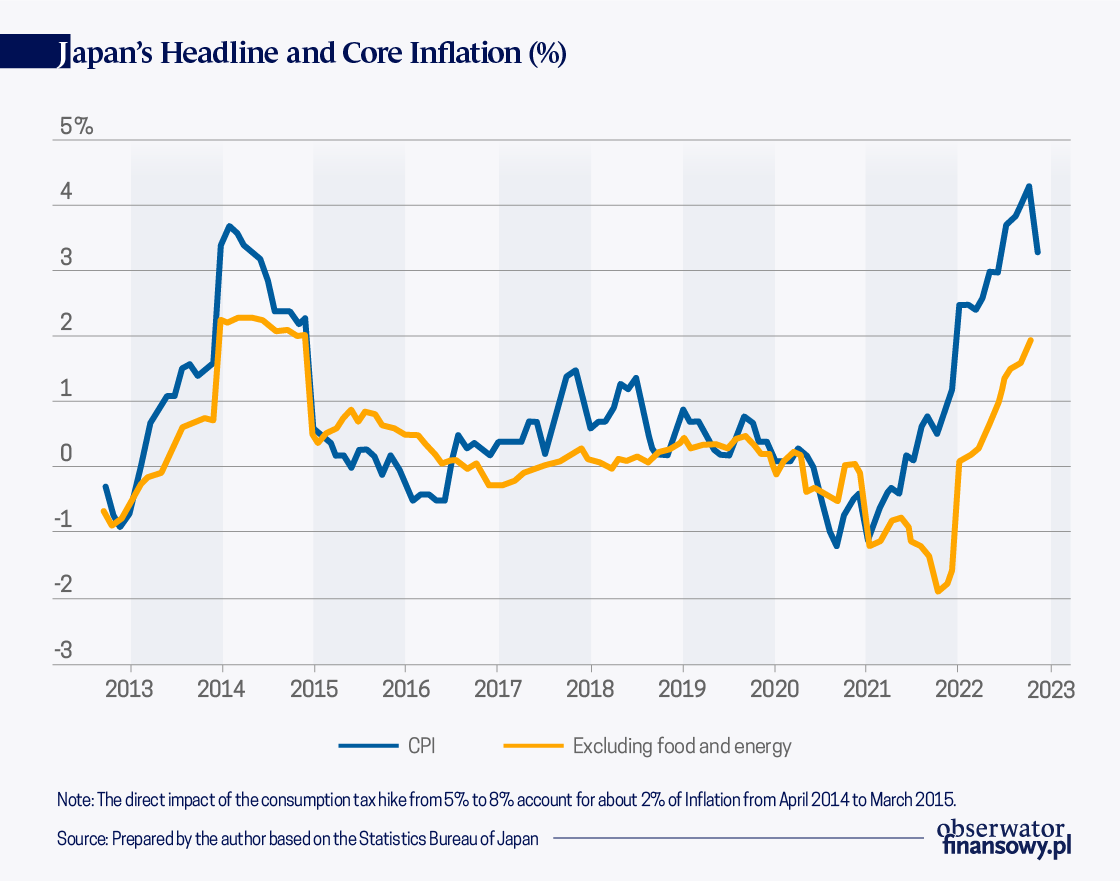
After the collapse of bubbles in early 1990s and persistent baking sector problems, Japan’s economy had entered into low economic growth since mid-1990s and mild deflation since late 1990s. The average rate of economic growth...
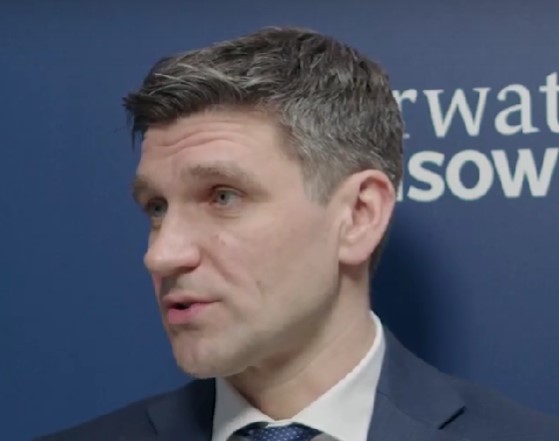
In the Eurozone, we see that interest rates are at 2.5 percent with over 8 percent inflation. These are very high levels. This means that the work of central bankers is not yet complete. However, we are moving in a cautious way,...

The price stability is the crucial factor for the Swiss central bank and our mandate is to bring inflation down says Martin Schlegel, Vice Chairman of the Governing Board, Swiss National Bank.

The proper diagnostic on the inflationary nature is a key in adequate calibration of the policy response – thinks Anita Angelovska-Bezohska, Governor of the National Bank of the Republic of North Macedonia.
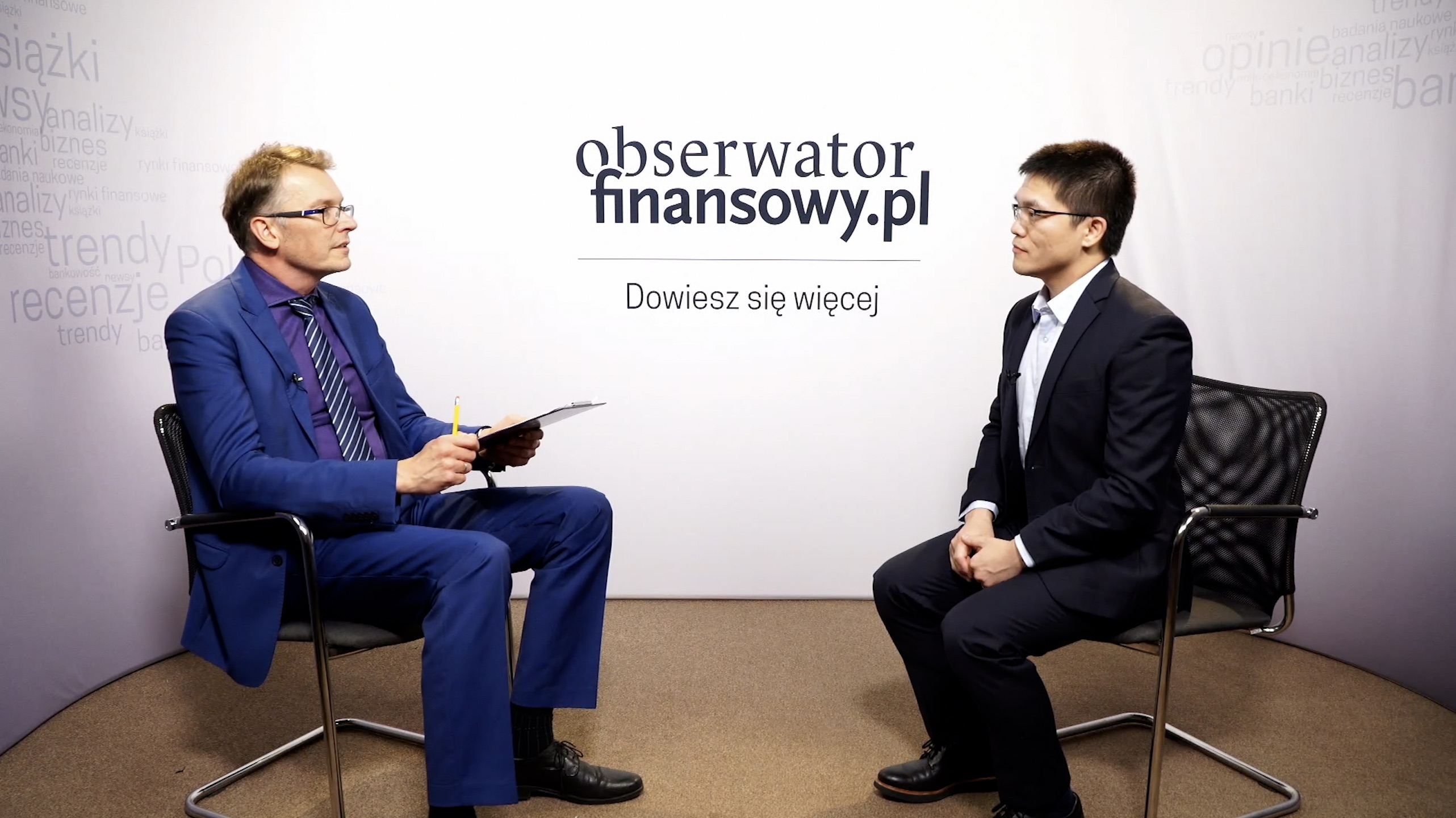
If we do want to canalize and bring inflation down maybe that means we have to have bigger sacrifice in our output and it is a hard decision – says Xing Guo, Bank of Canada.

If we let inflation consolidate and entrench at the high level the cost od bringing it down at a later point in time will be huge in terms of unemployment – says Marco J. Lombardi, Bank for International Settlements.
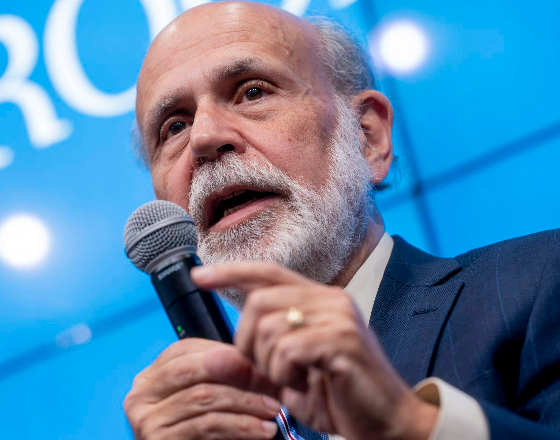
One of the three new winners of the Nobel Prize in Economics funded by Sweden’s Riksbank, Ben Bernanke, likes challenges – his biography, and above all, his achievements, are proof of this. For this reason, when speaking...

The complete shutdown of gas deliveries through Nord Stream 1 is an indication of how desperate the Russian leadership has become. There is now no path to military victory, but a clear chance that intensified economic warfare...

I think that we are able to contain inflation by hiking interest rates. There is always very kind of… for a small open economy like Iceland, and Poland is to some extent too, also an open economy. The currency market...